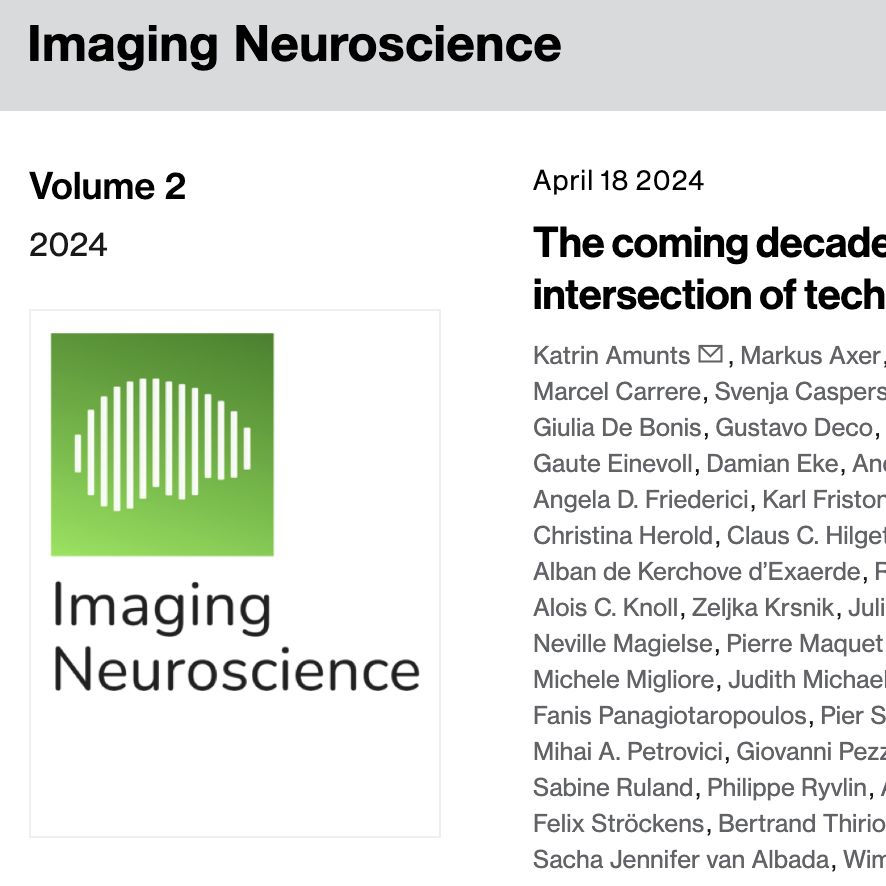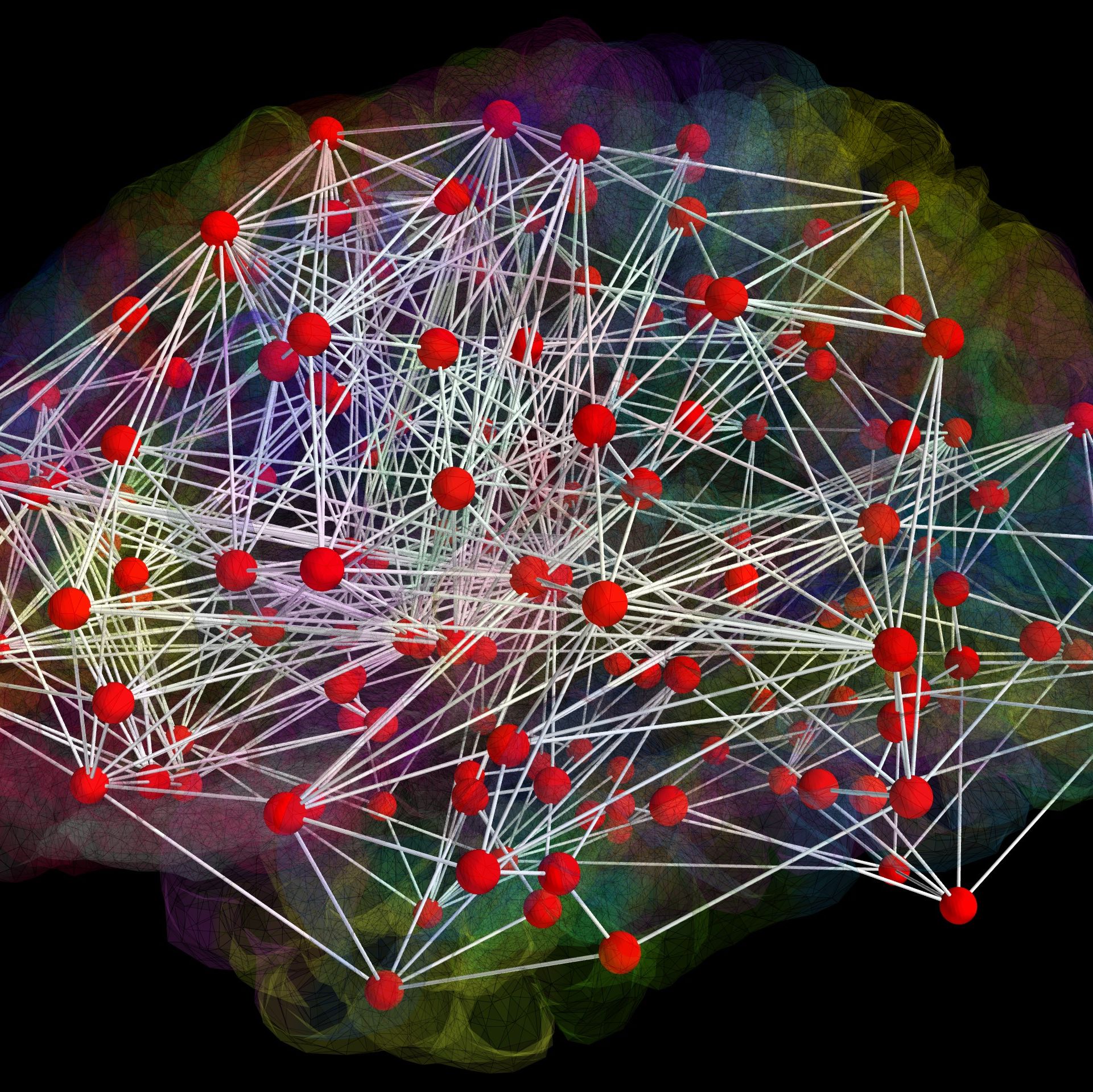
Making brain health a European priority: why it is important to act now!

The Summit will gather a large range of stakeholders, policy makers, researchers, neurologists, patients, representatives of patient associations, care givers, citizens, and industry players. It aims to highlight the societal need to make brain health and brain research a priority for Europe and why it is
important to act now.
One of the greatest health challenges of the century
Around 180 million Europeans live with a brain disorder – neurological and mental alike. Furthermore, it is estimated that one in three people will have a neurological and/or psychiatric disorder at some point in their lives. The COVID-19 pandemic has underscored the devastating effect that the other
“silent” pandemics of mental health can have in our societies. Estimations are that brain disorders account for up to 45% of total healthcare budgets (1) and this is expected to increase further as Europe’s population ages and becomes more susceptible to brain disorders. Brain disorders include neurodegenerative diseases such as Alzheimer’s and Parkinson’s disease, mental health disorders and other conditions like epilepsy, depression, stroke, migraine, sleep disorders, traumatic brain injury, pain syndromes and addiction. Many of these disorders are highly debilitating and have no cure.
Others can be managed but still have wide-ranging effects on the quality of life of patients and their carers (2).
The multifaceted nature of brains disorders, their entanglement and the complexity of the brain itself have hindered investment in research, and therefore breakthrough innovation. As a result, treatments for brain conditions remain insufficient.
Now is the time to act!
While the European Commission has supported several major brain research initiatives over the last years, there is a need to go beyond the current efforts and turn brain health into a focused strategic health and societal priority. The time is ripe to shift gears: several key factors are indeed converging to allow upscaling the level of ambition.
• It is time to respond to increasing societal demand: Not only has the Covid pandemic significantly raised major mental health issues, it has also made European citizens much more aware of the importance of brain well-being, which has become a key part of their “return-to-normal” journey. Demand for improved and more effective diagnosis, monitoring, prevention, treatment, care and support is expected to be increasing significantly in the coming years.
• It is time to better leverage collaborative research: Collaborative research in the field of brain health and brain research has been delivering tangible results over the years. The scope of research collaboration has also been expanding: geographically, involving more Member States, across brain diseases, across stakeholders, across disciplines, combining neuroscience with computing, engineering and technology expertise and between academia and industry.
Europe needs to capitalize on such proven efforts to further enhance synergies and incentivize a true European strategic approach to brain research.
• It is time to turn data into action: With clinical trials, with electronic records in hospitals and medical practices, Europe today has a wealth of brain health data at its disposal. And as proven by the recent pandemic, the ability to analyse data at scale has become an absolute necessity to tackle health challenges. European authorities are very much aware that such “big data”, combined with massive computing power, can play a transformative role in brain research, if data is used in rigorous, statistically relevant, responsible and ethical ways. The current thinking about a potential “European Health Data Space” is looking into ways as to how to make such data available for research in a compliant way. Such thinking needs to be emphasized and accelerated.
• It is time to leverage the full potential of technology: technology and artificial intelligence (AI) have been opening many new doors in different domains and this is certainly the case in brain research. One just needs to think about how sensor technology has recently progressed to enable better insights into the brain— surely an additional proof point to persuade European authorities of the necessity to act now.
For André Syrota, Chair of the Board of Directors of EBRAINS, “Understanding the brain and the way it functions continues to be a very complex question, but we are confident that today researchers are much better equipped to tackle such a challenge. Progress in brain health is intrinsically linked to progress in data management and analytics, computing, modelling and technology. If all stakeholders join forces and if we focus our efforts strategically, we can be on the eve of transformative breakthroughs in brain science, for the benefit of patients, industry and society, and we count on European authorities to engage with us on the brain health journey.”
For Monica Di Luca, President of the European Brain Council, “we need to change the pace: we need to innovate, remaining conscious that in brain science, innovation must be considered as a broad and inclusive concept: from novel approaches and ideas of brain researchers to translational research, to novel policy recommendations. To shift momentum, innovation in the brain needs to open to all possible prospects and through a multi-stakeholder approach."
Press contacts:
European Brain Council: Stephanie Kramer: stkr@braincouncil.eu
EBRAINS: France Nivelle – france.nivelle@ebrains.eu
About EBC
The European Brain Council (EBC) is a network of key players in the “Brain Area”, with a membership encompassing scientific societies, patient organisations, professional societies and industry partners.
About EBRAINS
EBRAINS is a new digital research infrastructure, created by the EU-funded Human Brain Project, that gathers an extensive range of data and tools for brain related research. EBRAINS aims to help translate the latest scientific discoveries into innovation in medicine and industry, for the benefit of patients and society. EBRAINS has been recognized as one of the best-in-class European research infrastructures and included in the ESFRI Roadmap 2021.
News & events
All news & events- Press release23 Apr 2024

- News23 Apr 2024

- Science and technology17 Apr 2024

- Science and technology10 Apr 2024
